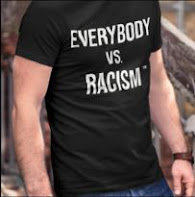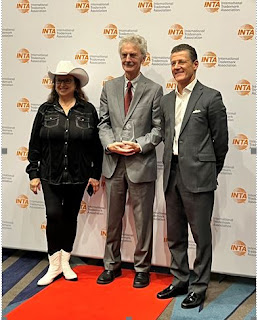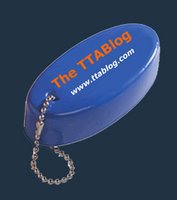The Board rendered a rare reversal of a failure-to-function refusal, finding the USPTO's evidence insufficient to establish that the phrase FOLLOW THE LEADER is incapable of serving as a source indicator for credit card incentive program, credit card financial, travel information, ticket reservation, travel advisory, salon and spa reservation, and concierge services. Although FOLLOW THE LEADER is in common use in various contexts, the phrase may convey different meanings in those contexts, and it does not have a commonly understood meaning applicable to the applicant’s services. In re Black Card LLC, 2023 USPQ2d 1376 (TTAB 2023) [precedential] (Opinion by Judge Jonathan Hudis).

Sections 1, 2, 3, and 45 of the Lanham Act provide the statutory basis for a refusal to register subject matter that does not function as a trademark or service mark. A threshold question in evaluating the registrability of a trademark or service mark is whether the proposed mark meets the source indication requirement. As the Supreme Court has recognized, “the lead criterion for registration is that the mark in fact serve as a ‘trademark’ to identify and distinguish goods [or services].” Jack Daniel’s Props., Inc. v. VIP Prods. LLC, 143 S. Ct. 1578, 2023 USPQ2d 677, at *5 (2023) (cleaned up).
Of course, "[t]he critical inquiry in determining whether a proposed mark functions as a … [service mark] is how the relevant public perceives the term sought to be registered.” Univ. of Ky. v. 40-0, LLC, 2021 USPQ2d 253, at *25 (TTAB 2021). The evidence may show that the proposed mark “is a common term or phrase that consumers of the … services identified in the application are accustomed to seeing used by various sources to convey ordinary, familiar, or generally understood concepts or sentiments.” In re Brunetti, 2022 USPQ2d 764, at *12. “The more commonly a phrase is used, the less likely that the public will use it to identify only one source and the less likely that it will be recognized by purchasers as a … [service mark].” Id. (citing In re Eagle Crest, Inc., 96 USPQ2d 1227, 1229 (TTAB 2010)).
On the other hand, not every common term or phrase warrants refusal on failure to function grounds. The refusal is strictly dependent on the evidence presented to show how consumers would perceive the proposed mark. The totality of the evidence must be sufficient to show that the phrase sought to be registered is used in such a way that it cannot be attributed to a single source of the goods or services at issue.
To determine whether a phrase sought to be registered functions as a source indicator, the Board looks to evidence showing how the phrase is used in the marketplace by the applicant and by others.
The Examining Attorney argued that FOLLOW THE LEADER is "commonly used to encourage customers to follow the leader in a particular field and conveys that the applicant is the leader in the services listed in the application and should be followed because of this alleged fact .…" The evidence comprised a dictionary entry, articles, blogs, company websites, consumers goods, and other materials showing use of the phrase in connection with children's games, business decision- making, guided travel tours, governmental and political leadership, personal decision-making, and artwork on consumer items.
Applicant Black Card maintained the proposed mark provides no generalized informational message, and it asserted that there is no blanket rule that commonly used phrases are not registrable.
The Board observed that "[t]he record need not necessarily include evidence of third-party use in connection with the specific services at issue for the evidence to support the failure to function refusal." However, the evidence must demonstrate that the proposed mark "would convey a generally understood sentiment or meaning to the consumers of [Black Card's] services such that they would not perceive it as signifying the source of the services."
The Board found that the phrase FOLLOW THE LEADER may convey different meanings depending on context. "For example, FOLLOW THE LEADER can refer to business decisions made to align with the industry leader, a manager’s impact on employees or the business, politicians’ or government workers’ often negatively portrayed allegiance or compliance with a political figure or political leadership, tour groups being led by a tour guide, or personal decision-making, whether based on following a role model or following the crowd."
Thus, the phrase as issue here is unlike the phrase INVESTING IN AMERICAN JOBS in In re Wal-Mart Stores, 129 USPQ2d at 1153-56, where the evidence of Wal-Mart's own use and of common use of across different industries and manufacturing contexts "informed consumer perception of the phrase for the applicant’s retail store services and promotional services for goods made or assembled by American workers."
Concluding that the Office's evidence fell short, the Board reversed the refusal to register:
The evidence as a whole does not demonstrate use for services or in contexts from which we may reasonably infer that FOLLOW THE LEADER has a commonly understood meaning applicable to Applicant’s services that would render it incapable of being perceived as a source indicator for those services.
Read comments and post your comment here.
TTABlogger comment: What if the involved goods were t-shirts?
Text Copyright John L. Welch 2023.





































